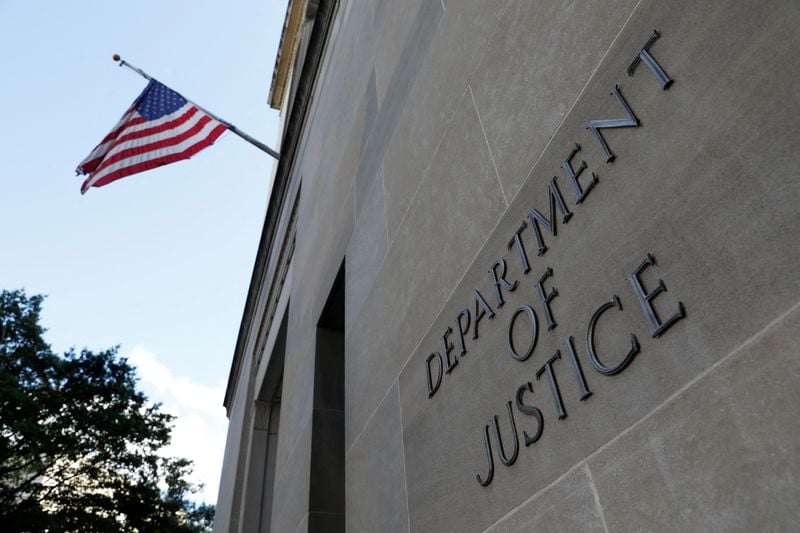SAN ANTONIO – 2011 Bandera Road, LLC agreed to pay the United States $15,000 to resolve allegations that it violated the False Claims Act, 31 U.S.C. §§ 3729-3733, by collecting excess rent from a tenant in the U.S. Department of Housing and Urban Development’s (HUD) federal Housing Choice Voucher Program, commonly referred to as “Section 8.” Section 8 is a program to assist low-income families, the elderly and the disabled in securing decent, safe, and sanitary housing in the private market. Through this program, HUD provides funding by vouchers administered by local public housing agencies. HUD pays the housing subsidy directly to the landlord, which may cover all or a portion of a tenant’s monthly rent. As a condition of receiving the housing subsidy, the landlord contractually agrees not to charge the tenant rent that exceeds the amount set by the public housing agency.
2011 Bandera Road leased property to certain tenants participating in the Section 8 program. This settlement resolves allegations that from November 2017 through January 2019, the company violated the False Claims Act by knowingly requiring one of those tenants to pay rent that exceeded what was contractually allowed.
United States Attorney Ashley C. Hoff stated, “The Section 8 program helps Americans in need of affordable quality housing. That purpose is undermined when a program participant overcharges a beneficiary of the program.”
“Those who seek out opportunities to prey on American families who rely on HUD programs for safe and affordable housing will be pursued and held accountable,” said Special Agent-in-Charge Bertrand Nelson with the HUD Office of Inspector General (OIG). “HUD OIG is committed to working with its law enforcement partners to fully investigate allegations of fraud, waste, abuse and mismanagement of HUD programs and protect American taxpayer dollars that fund them.”
The settlement resolves allegations contained in a lawsuit filed by a former tenant under the qui tam or whistleblower provisions of the False Claims Act. The False Claims Act permits private parties to file suit on behalf of the United States and share in any recovery.
The U.S. Department of Housing and Urban Development, Office of Inspector General, investigated this matter along with Assistant United States Attorney John Deck from the U.S. Attorney’s Office for the Western District of Texas. The qui tam case is docketed as United States ex rel. Elissa L. White and Elissa L. White, individually, v. 2011 Bandera Road, LLC, Cause No. 5:20-CV-488, (W.D. Tex.).
The claims resolved by the settlement are allegations only and there has been no determination of liability.
###
